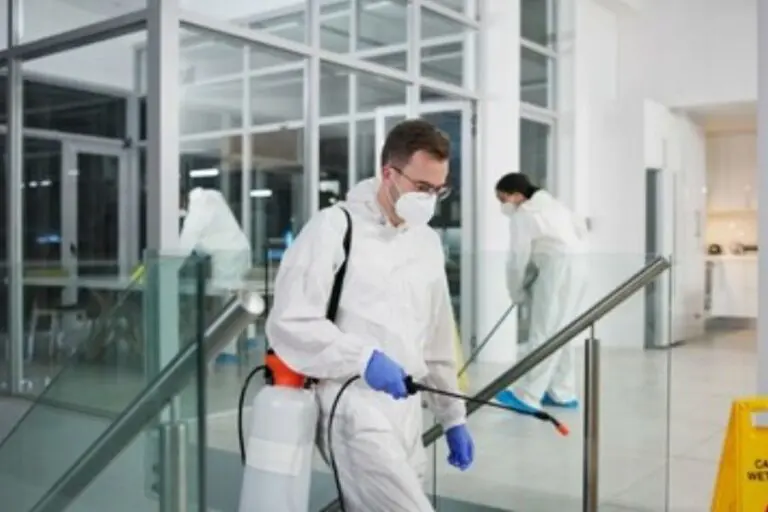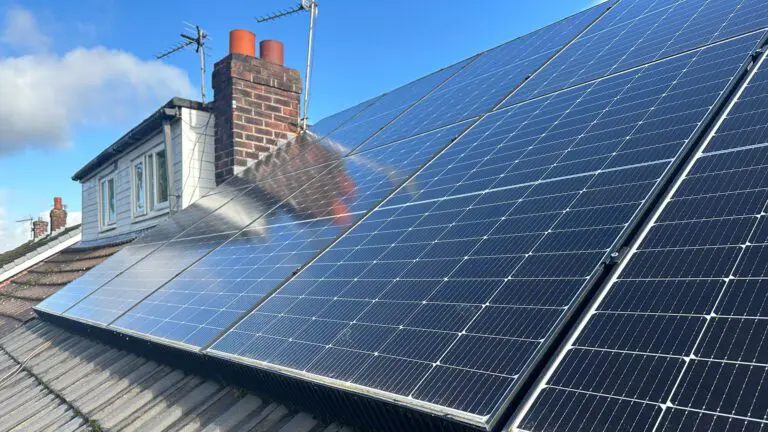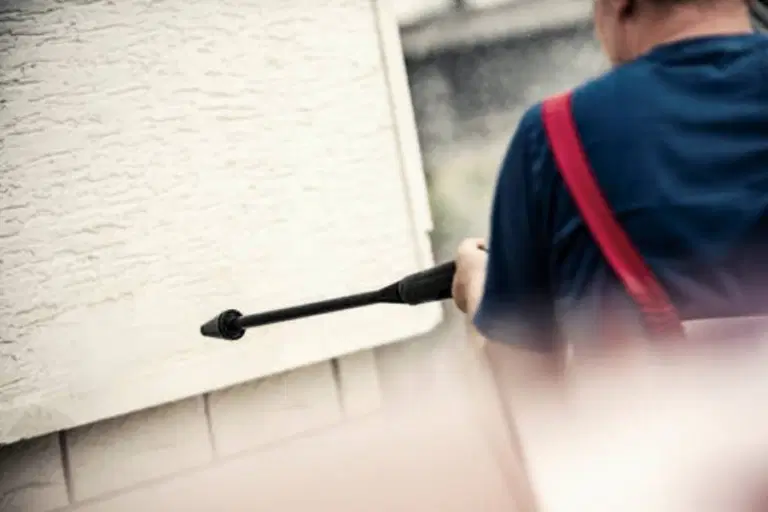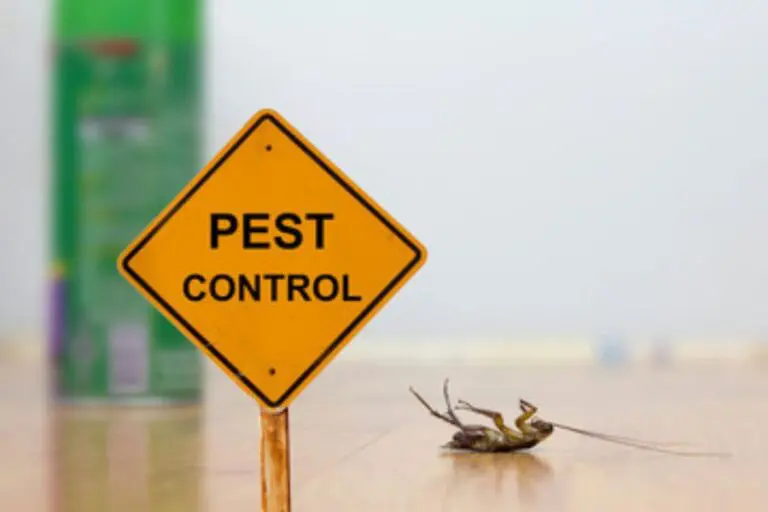Maintaining Your Driveway: An In-Depth Guide
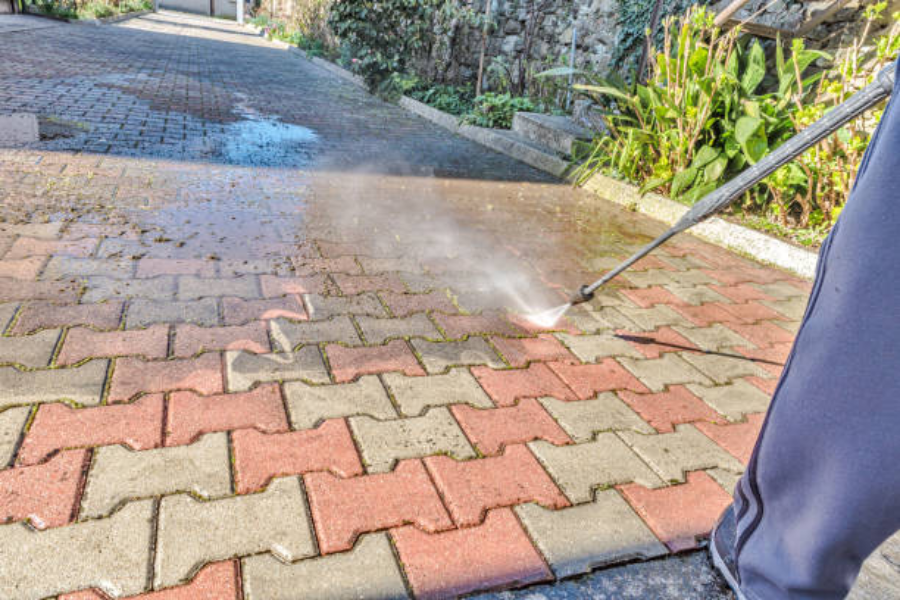
The upkeep of a driveway is often a critical yet underappreciated aspect of property maintenance. A driveway’s durability and aesthetic appeal are influenced by a myriad of factors, including material composition, environmental exposure, and routine cleaning practices. An academic investigation into the nuances of driveway care reveals that pressure washing when conducted appropriately, can serve as a beneficial maintenance strategy, although it must be approached with caution.
Material Sensitivity and the Driveway
Driveways are constructed from various materials, such as concrete, asphalt, pavers, and other composite surfaces, each displaying a unique degree of resilience. While newer driveways may withstand higher pressures, older driveways or those with pre-existing surface imperfections are more susceptible to etching and erosion. The inherent porosity of some driveway materials may allow water to penetrate, leading to gradual degradation over time. Thus, selecting a suitable cleaning method is paramount to maintaining the structural integrity of the driveway.
The Role of Pressure Washing in Driveway Maintenance
Pressure washing is frequently employed to restore a driveway’s appearance and remove accumulated grime. However, this technique must be carefully calibrated. The pressure setting used during the cleaning process plays a crucial role, as excessively high pressure may inadvertently damage the driveway’s surface. It has been noted that using a consistent, controlled pressure can effectively remove dirt and debris without compromising the material’s integrity.
The technique involved in pressure washing a driveway is also crucial. Proper equipment use, including nozzle selection and maintaining an optimal distance from the surface, is critical in preventing localised damage. A steady, sweeping motion is recommended to ensure the force is evenly distributed across the driveway. When these practices are followed, the potential for inadvertent damage is significantly minimised, and the driveway can be maintained pristinely.
Pre-Cleaning Assessments for Driveway Protection
Before the commencement of any cleaning activity, a thorough assessment of the driveway is advised. An inspection may reveal signs of wear, such as cracks, micro-fractures, or areas where the material has already begun to erode. This pre-cleaning evaluation is crucial, as it helps to determine whether the driveway can safely undergo pressure washing or if alternative cleaning methods should be considered. Special attention is typically paid to older driveways or those that have experienced prolonged exposure to environmental stressors, as they may be more vulnerable during the cleaning process.
Environmental Considerations and Driveway Care
The surrounding environment plays a significant role in the long-term maintenance of a driveway. Weather conditions, such as extreme heat or heavy rainfall, can impact the effectiveness of cleaning methods. For example, high temperatures may cause the water used during pressure washing to evaporate rapidly, potentially leaving behind residual cleaning agents that could be abrasive. Conversely, cleaning a driveway immediately after rainfall might lead to additional moisture being trapped in porous materials, thereby increasing the risk of damage. It has been observed that timing the cleaning process to align with favourable weather conditions is essential for achieving optimal results and ensuring the driveway’s longevity.
Routine Maintenance Strategies for Driveways
A proactive approach to driveway maintenance is encouraged, emphasising regular, gentle cleaning practices rather than sporadic high-pressure interventions. By incorporating routine cleaning, the build-up of grime, oil, and other contaminants on the driveway can be minimised, reducing the need for aggressive cleaning methods. The periodic application of a low-pressure wash, combined with specialised cleaning solutions, can extend the life of a driveway while maintaining its visual appeal.
Comparing Professional and DIY Approaches to Driveway Maintenance
Several factors influence the decision to engage professional services versus a DIY approach for driveway cleaning. Professional cleaning services have the expertise and specialised equipment to calibrate pressure settings and apply the correct techniques tailored to the driveway’s material and condition. It has been observed that professionals are better positioned to evaluate the unique characteristics of a driveway, such as material composition and pre-existing damage, ensuring that the cleaning process does not inadvertently cause harm.
On the other hand, a DIY approach may be sufficient for driveways in relatively good condition, where the risk of damage is low. Homeowners who opt for DIY methods are often advised to perform a spot test on a small, inconspicuous section of the driveway to determine the appropriate pressure and technique. Regardless of the chosen method, meticulous attention to detail and a careful evaluation of the driveway’s condition are essential components of a successful cleaning regimen.
Innovations in Driveway Cleaning and Maintenance
Technological advancements have led to innovative solutions designed to enhance driveway maintenance practices. Modern equipment now offers adjustable pressure settings and improved nozzle designs for a more controlled cleaning process. These innovations contribute to reducing the likelihood of surface damage while maximising cleaning efficiency. Moreover, using eco-friendly cleaning agents formulated explicitly for driveways has been recognised as an important advancement, as these agents provide effective cleaning without compromising the material integrity or posing environmental risks.
In addition, integrated systems that monitor moisture levels and surface conditions are being explored to provide real-time feedback during the cleaning process. Such systems enable operators to adjust techniques dynamically, ensuring that the driveway is cleaned effectively without the risk of overexposure to high-pressure water. These developments are gradually transforming how driveways are maintained, moving towards more sustainable and damage-averse practices.
The continuous evolution of driveway maintenance techniques underscores the importance of understanding the interplay between cleaning methods, material properties, and environmental factors. As these practices are refined, a more sophisticated approach to driveway care is anticipated, one that emphasises preservation, efficiency, and the long-term health of the property.
In addition to the technological advancements discussed, evolving industry standards have also influenced how a driveway is maintained. Experts have widely endorsed the integration of routine driveway inspections into regular property management practices. Frequent assessments of the driveway, using visual inspections and digital monitoring tools, enable the early detection of minor surface imperfections and material wear. This proactive approach ensures that any potential issues are addressed promptly, thereby extending the overall lifespan of the driveway.
Furthermore, sustainable practices have increasingly become an integral part of driveway care. With an emphasis on eco-friendly cleaning agents and energy-efficient equipment, modern driveway maintenance strategies are designed to reduce environmental impact while still delivering high performance. Biodegradable cleaning solutions, for example, are frequently recommended to safeguard the driveway and the surrounding ecosystem. In this manner, driveway maintenance can be aligned with broader environmental objectives, promoting long-term sustainability in property upkeep.
In parallel, developments in material science have contributed to the formulation of advanced driveway coatings that enhance durability and aesthetic appeal. These specialised coatings not only provide a protective barrier against weathering and debris but also help to prevent the accumulation of substances that might otherwise accelerate the degradation of the driveway. With the application of such treatments, it has been noted that the driveway remains visually appealing and structurally sound, even when subjected to harsh environmental conditions.
Professional service providers have increasingly adopted integrated management systems that combine state-of-the-art cleaning techniques with data-driven insights. This has enabled a more precise calibration of cleaning methods according to the specific characteristics of each driveway. By monitoring parameters such as moisture content and surface temperature, experts can tailor maintenance procedures to the unique needs of the driveway, thereby optimising both efficiency and effectiveness.
Moreover, ongoing research into the long-term performance of various driveway materials has yielded valuable insights into the factors contributing to accelerated wear and tear. It has been found that incorporating a regular schedule of gentle cleaning and protective treatments significantly reduces the risk of major repairs. This preventive approach not only safeguards the driveway from deterioration but also minimises future maintenance costs, reinforcing the importance of consistent driveway care within the broader scope of property management.
As the landscape of property maintenance continues to evolve, preserving the integrity of a driveway remains a priority. Innovations in cleaning technology, sustainable maintenance practices, and proactive inspection protocols are gradually transforming the way driveways are cared for. In this evolving environment, continuous improvement in driveway maintenance methodologies is observed, ensuring that properties remain functional and aesthetically pleasing for extended periods.
